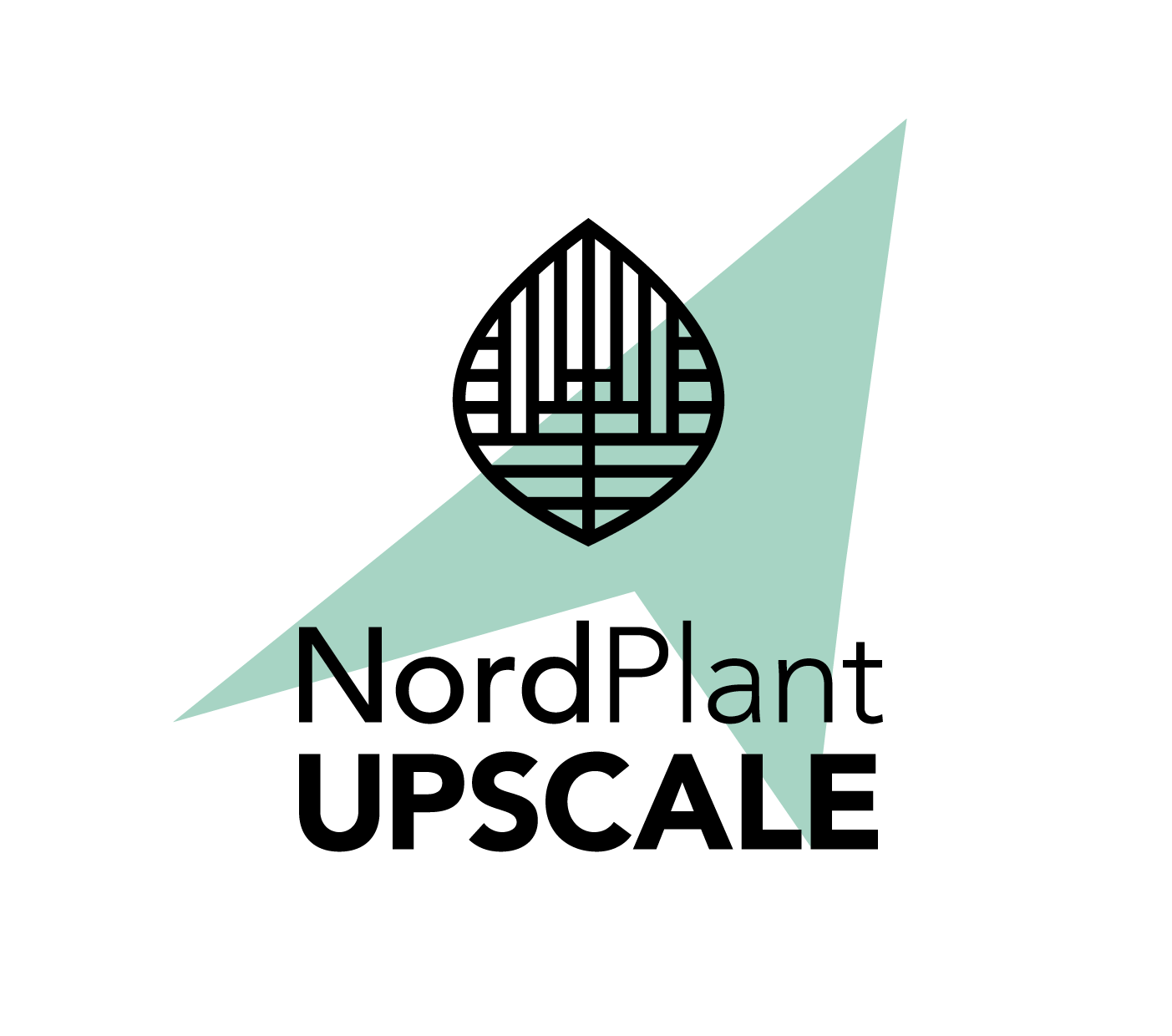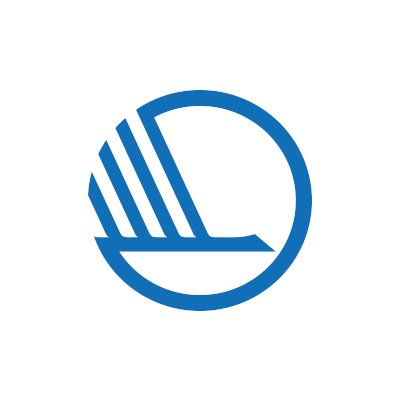Changing climate and degrading agricultural land are global challenges for agriculture. These pressing issues together with dwindling natural resources will increase the pressure on agriculture providing food for a growing world population. The Nordic-Baltic region spans the most northern area in the world for field cultivation, but is predicted to encounter larger changes than the global average in temperature and precipitation due to climate change. One way to increase resilience in crop production is to implement automatized ways of monitoring the crop performance out in the field.
This can be done by plant phenotyping measuring different agricultural traits such as yield. However, to be truly efficient it needs to be upscaled and cover large areas. This can only be done by remote sensing by satellites which is a rapidly expanding area with a fast development of techniques and increased precision. For this upscaling to be meaningful we do, however, need to know more about the links between the different spatial levels of crop monitoring from the single plants via the field to the level of satellites monitoring large agricultural areas.
This linking is the core of the project UPSCALE and will ensure that better and more accurate information can be obtained from satellite imaging. In the UPSCALE consortium, Nordic-Baltic academic institutions are joining forces to conduct research and technological development. Established facilities for both plant phenomics and climate modelling are part of this project as well as extensive knowledge on satellite imaging. Spectral signatures collected from satellite, field and controlled environments will serve as the source of biosignatures that will be linked and used in prediction models. Field root phenotyping will also form a part of UPSCALE, since we by estimating the root formation can help in binding carbon which in turn can mitigate the climate change due to human carbon emission. The focus is forage in the form of timothy and red clover, spring wheat and potato.
Right now, remote sensing and predicative modelling is advancing rapidly because of better imaging methods and improved capacity using high-performance computers. The Nordic and Baltic agriculture should benefit from that by mobilizing science and innovation capacity creating a more climate resilient agriculture with the help of remote sensing and improved crop modelling.
UPSCALE is run by The Lithuanian Research Centre for Agriculture and Forestry (LAMMC), Lund University, University, SLU, University of Helsinki and UiT the arctic university of norway with associated partner University of Copenhagen. The project builds upon ideas from the NordPlant univerisity hub and NordPlant will carry future news about the UPSCALE project
The UPSCALE project spans over four years (2023-2026). If you want to receive more information about UPSCALE please contact the coordinator Erik Alexandersson.
.


